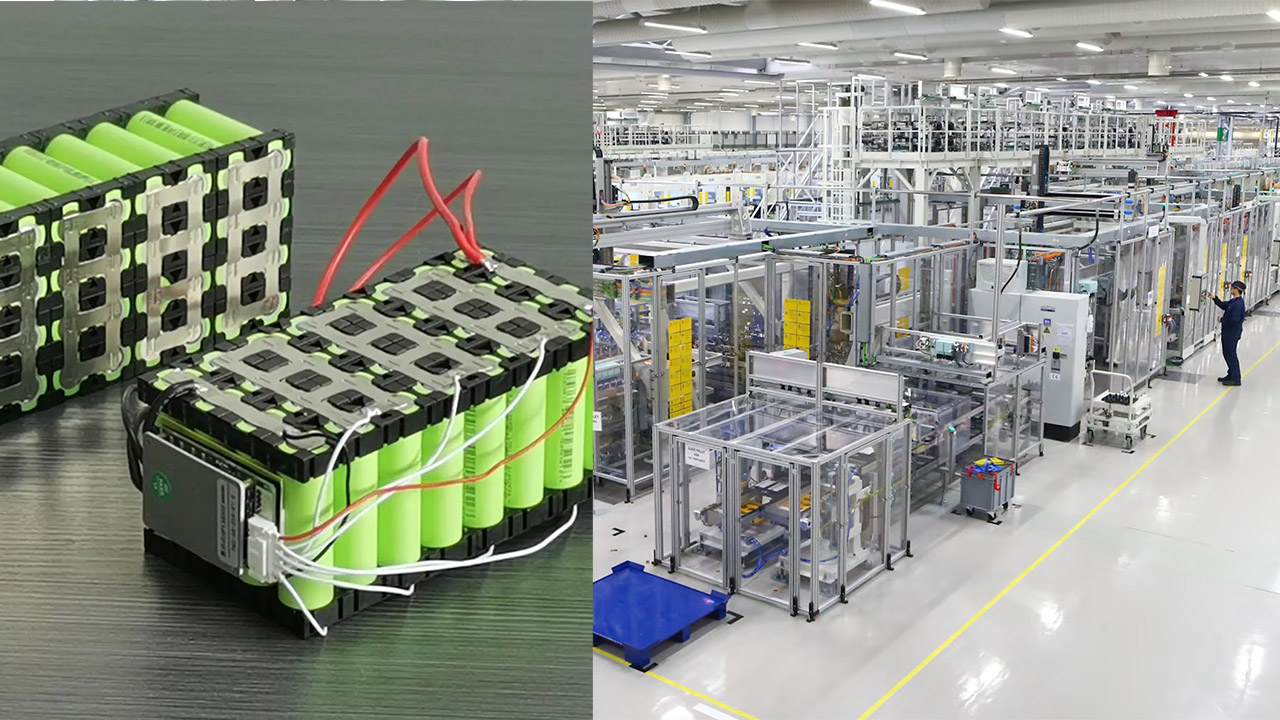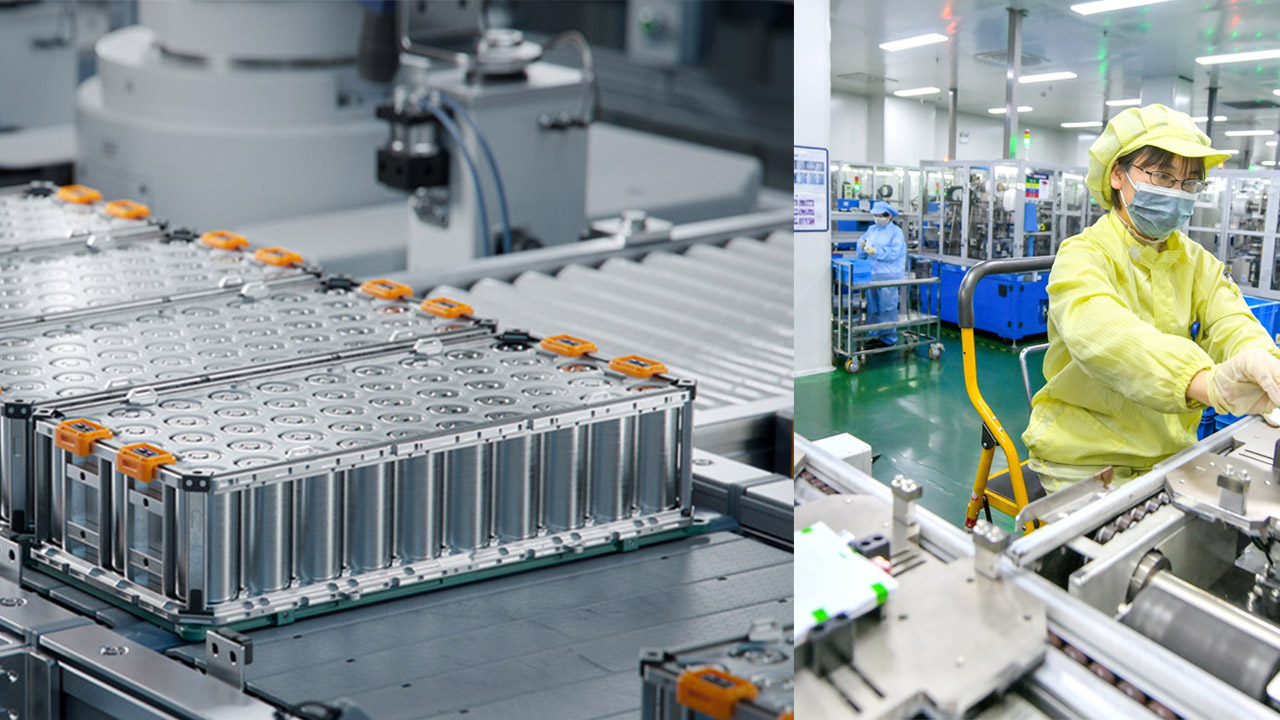A former government adviser cautioned China against the risks of overcapacity and emphasized the importance of prudently crafting industrial policies to guide enterprises, particularly in light of Beijing’s emphasis on advancing its hi-tech sector to drive economic growth and foster new industries.
Beijing’s endeavor to enhance the world’s second-largest economy through the development of new quality productive forces has spurred rapid growth in sectors like electric vehicles and green technologies.
However, this robust expansion has sparked concerns among major trading partners, notably the European Union and the United States, who accuse China of exporting overcapacity, which they argue undermines their national security and hinders the competitiveness of local players.

Former director of the Chinese Academy of Fiscal Sciences, Jia Kang, stressed the need for policymakers to accurately anticipate supply and demand dynamics while advocating for minimal intervention in favor of specific industries or projects. He underscored the market’s ability to rectify excess capacity through competition.
While acknowledging the validity of concerns raised by Western counterparts, Jia urged for improved communication and cooperation between China, the United States, and the EU to address disputes. He rejected claims of overcapacity in China’s green sectors and emphasized the importance of open and fair global competition.
China’s strategy to pivot towards a tech-led growth trajectory, known as the new quality productive forces strategy, aims to raise economic growth and exports by emphasizing technological advancements and innovation.
President Xi Jinping has cautioned against hasty expansions into new projects, urging officials to remain vigilant against overcapacity risks.
Despite Western scrutiny, China’s “new three” sectors—electric vehicles, lithium batteries, and solar panels—have demonstrated significant global dominance in both production and market share.

While acknowledging potential challenges, such as pressure from Western markets, China views its quality capacity as a vital driver of global economic growth and the green transition.
An editorial in the State Council-backed Economic Daily echoed these sentiments, arguing that China’s quality capacity is crucial for meeting global demand and facilitating the transition to a greener economy.
The op-ed criticized Western accusations of overcapacity as a means to impede China’s technological and industrial progress.
Jia Kang defended the role of industrial policies, citing their necessity in addressing market failures. However, he emphasized the importance of prudent policy design to mitigate potential risks associated with overcapacity.







Leave a Reply